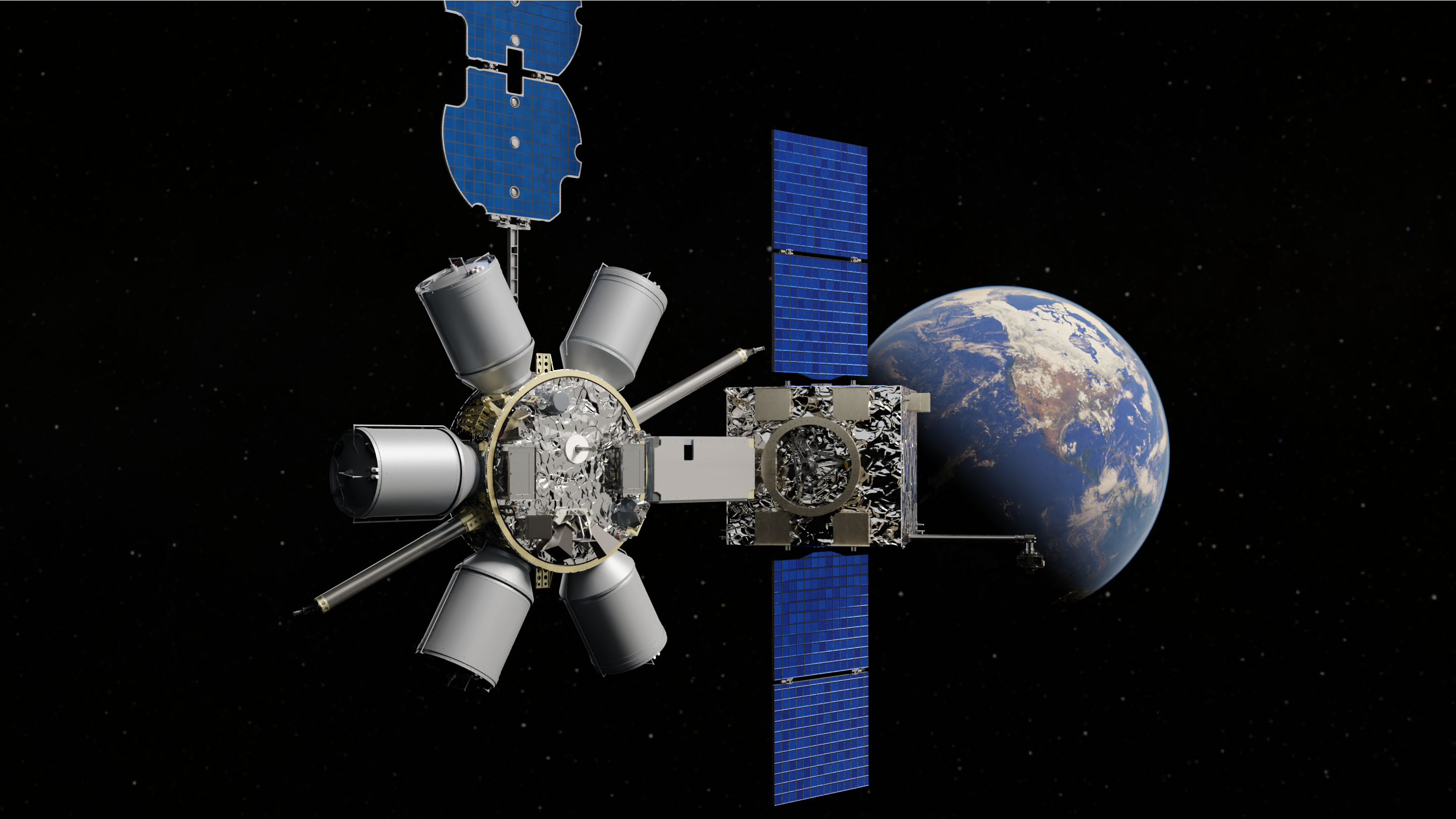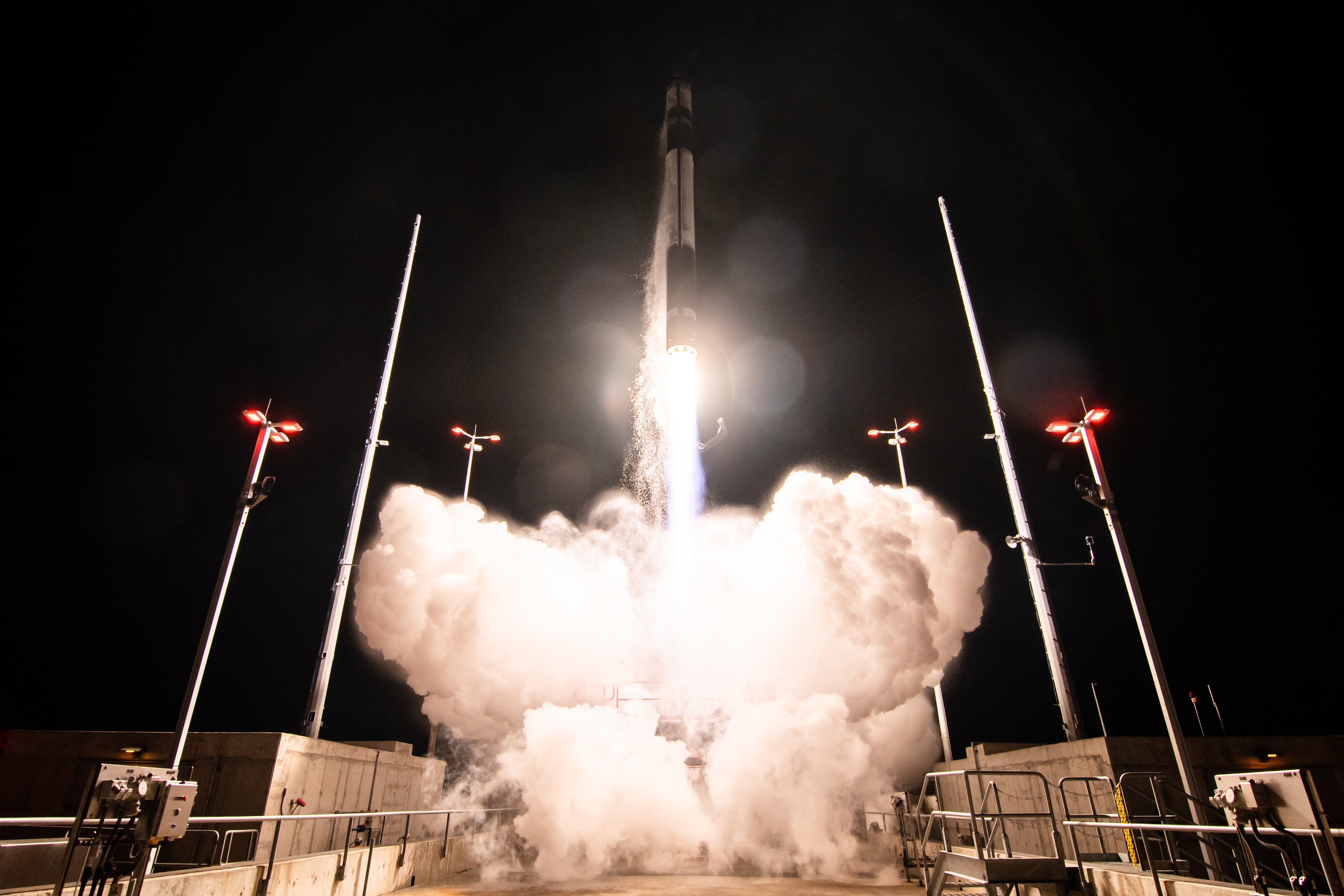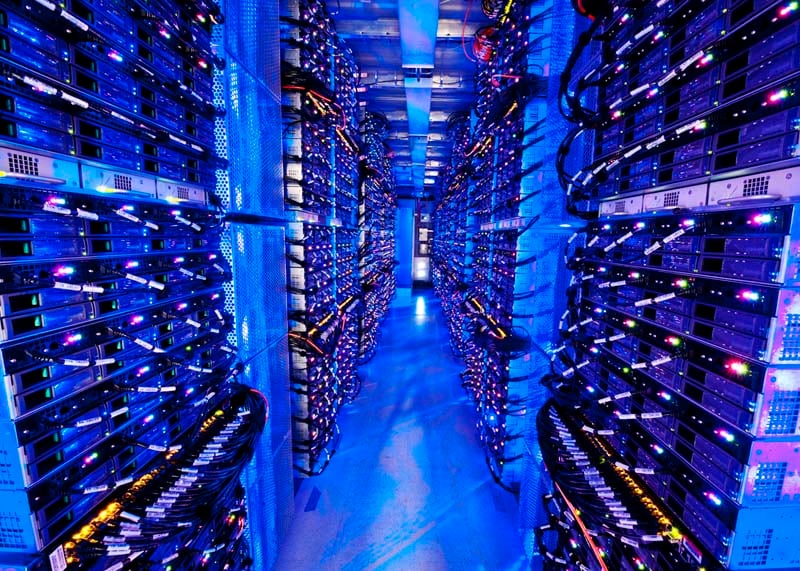WASHINGTON ― At its 2017 Government Cloud Forum, Microsoft announced new advances for its Azure Government program, a U.S. government-based cloud system. These included increasing the support for highly-classified workloads to more federal agencies, increased cybersecurity capabilities and the implementation of advanced technologies such as Blockchain, High Performance Computing (HPC) and Citrix Virtual Desktop Infrastructure.
For some time the public sector has intended to run a more streamlined and efficient technology infrastructure. In 2011, the Obama administration ordered all federal agencies to focus on cloud-based solutions when upgrading their technology infrastructure ― the Cloud First policy ― a practice the Trump administration seems keen on preserving.
At 2016’s Government Cloud Forum, Azure Government became the only government-based cloud to receive Information Impact Level 5 DoD Provisional Authorization by the Defense Information Systems Agency. For 2017, Microsoft announced Azure Government Secret, which expands Azure Government’s multi-tenant cloud infrastructure and capabilities to more agencies and their partners that handle “secret” classified data. Those that receive Azure Government Secret can expect to gain increased cognitive capabilities, artificial intelligence, and predictive analytics based technologies.
Microsoft subsequently showcased its plan to launch Blockchain for Azure Government, ideally to help with issues related to voter record management, licensing and taxing services. Blockchains are data structures that allow two parties to perform secure internet transactions through a shared ledger without the usage of hack-able data bases.
Another advance for Azure Government Microsoft announced was Citrix VDI, which increases the flexibility and options for users handling government virtual desktop infrastructures. VDIs are virtualization technologies that host desktop operating systems on centralized servers, usually to reduce on-premises infrastructure.
Microsoft also extended its public sector HPC offerings on Azure Government, now including H-series virtual machines. HPC is the aggregation of computing power to deliver higher performances than standard desktops, with these H-series meant to deliver stronger performances for agency employees handling complicated scientific and engineering workloads.
Finally, Microsoft plans to bring its Azure Security Center to Azure Government. The program is designed for hybrid cloud workloads, offering better unified security management and advanced cyber threat protection. Azure Security Center specifically allows for better cloud and on-premises monitoring, vulnerabilities maintenance, leveraging advanced analytics and threat intelligence to better detect attacks, and simplifying the investigation process for rapid threat responses.
However, despite Microsoft’s strong relationship with government agencies, Amazon Web Services is slowly emerging as a substantive competitor, what with the company stating that over 2,000 government agencies use its services. Furthermore, Amazon had recently solidified a $600 million contract with the CIA to create a private cloud system for the agency entitled Commercial Cloud Services (C2S).
More In








